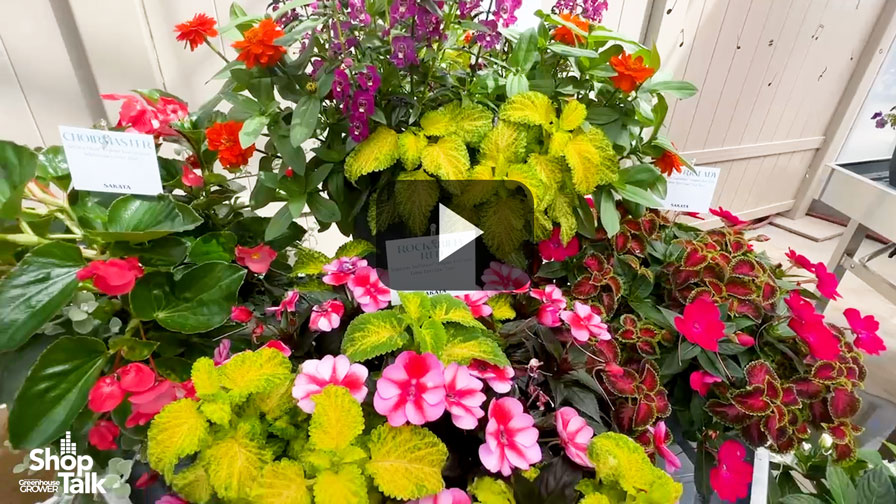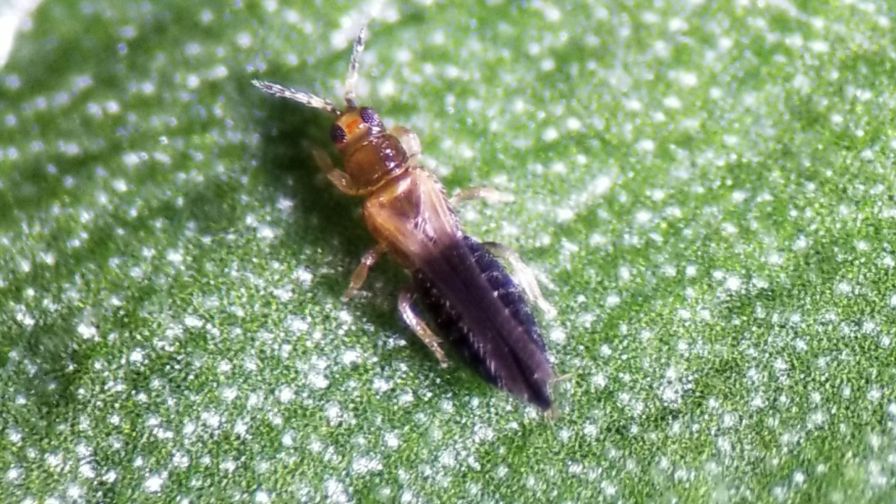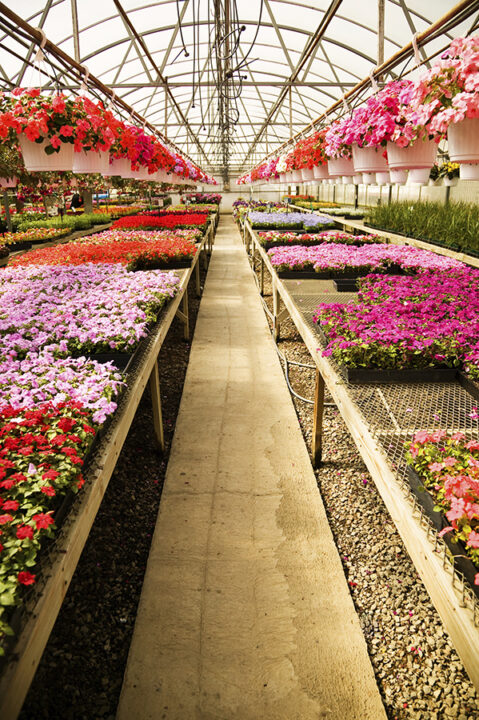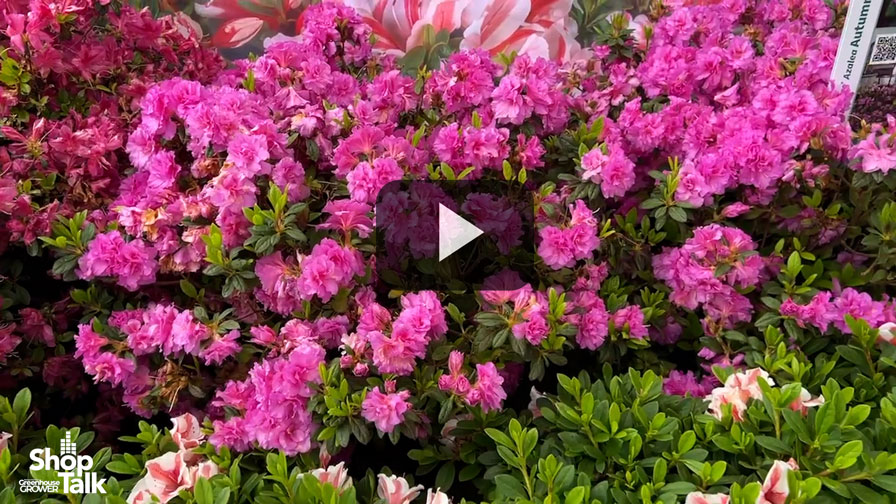AAS: Advantages Are Solid
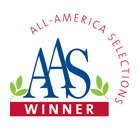
All-America Selections (AAS) has developed an enviable cachet over its nearly 80 years, but taking advantage of it isn’t always easy. That was one of the themes that emerged from a panel discussion with industry leaders held during the recent annual summer tour–appropriately enough–right in the middle of McShane’s Nursery in Salinas, Calif.
A wide range of opinions was shared by the six panelists, but the panel was unanimous in one belief: the good feelings engendered by the AAS logo. In fact, many agree with Stephanie Turner of Park Seed in Greenwood, S.C., who says the logo is essentially the industry’s own Good Housekeeping seal of approval. Some panelists, however, wouldn’t go quite that far, saying it wasn’t as well known.
The moderator of the discussion was Jeanne Svob, flower seeds business manager, Syngenta Horticultural Services, who started out by asking how AAS could better integrate with nurseries. Kate Santos, director of research and development for Costa Farms of Miami, Fla., says AAS isn’t the end-all and that Costa rates products based on their performance at its gardens–not necessarily on AAS trials.
Heather Hydoski, the production manager at Armstrong Growers in California, nodded in agreement. She says she prefers looking at the performance of a series and drew some nods of her own when she added: “AAS trialing looks too complicated.”
From The Trenches
A last-minute addition to the panel subbing in for host Steve McShane was Christa Jennings, the nursery’s edible gardens specialist. She says her customers are largely ignorant of AAS. If they saw the AAS name they would likely see it in a seed catalog, she says, but most customers wouldn’t even consider starting plants from seed.
A vigorous proponent of AAS, Vaughn Fletcher, Midwest sales manager for McHutchison Hort Distributors, says he stresses the benefits of AAS winners, but he concedes he didn’t know if his customers retain the information. Turner, who markets catalogs largely through the Internet, said she thinks customers like the unbiased testing as well as testing in many locations. “It helps to have another stamp of approval,” she says.
The final panelist, Janis Kieft of Botanical Interests, a seed packet business in Broomfield, Colo., heartily agrees the AAS name carries a lot of weight with her customers. “They look for ‘AAS,'” she says.
What’s In A Name?
Svob, the moderator, asked if it was the logo that was most important, or what’s behind the logo. Kieft responded that the quality behind it was of critical importance, and Jennings agreed that it would be nice if that quality could be better elucidated. She said it would be a huge help to McShane’s customers if the nursery could put up a poster explaining precisely what the AAS logo means, and the value of its thorough testing.
“I agree,” said Hydoski, one of the panel’s growers. “It would be especially good for the landscape market because the product goes (right) into the ground.”
AAS-labeled products certainly have an advantage, agreed Santos, the other grower on the panel, but it’s important to look at the situation from the customer’s point of view. “The customer doesn’t care if it works everywhere in the country,” she says. “They want to know if it works in their own backyard.”
Selling The Salespeople
Svob, in turn, then asked the $64-milllion question: How do you educate consumers? Hydoski said that first you have to essentially market AAS to the salespeople, because if they’re not behind it, they won’t sell it to the customers. Jennings said that couldn’t be more true, and that AAS needs to do a better job. “I’ve been selling products for years and only found out after two years (they were AAS winners),” she said.
Diane Blazek, the executive director of AAS, interjected that after hearing similar sentiments in the past, the organization is taking action. She said that over the next 12 to 18 months, there will be a new website full of information explaining the AAS trial process, including downloadable and printable brochures and flyers that anyone along the distribution chain can use to better sell the AAS Winners.
Jennings says what it comes down to is that people sell what they know. “If someone comes in for a bag of soil, we’re all going to recommend the soil we know about,” she said. “You need to sell the sales people.”
Playing Field Is Moving
However, noted Fletcher, the sales manager, the game is moving online. AAS’s 79 years of sterling experience is all well and good, but it needs to be promoted. Today, that means promoting it on the Internet. TV and newspapers used to be the communication vehicles, but they’ve become too expensive for such an organization. “Let’s get AAS on the smartphones,” he says. “We’ve got to take advantage of the current technology.”
It’s not just a matter of expense, Santos says. The Internet is where it’s at for young people. “We have a new communications manager,” she says, “and the new (younger) demographic is getting all their information online.”
In sum, when you really get down to it, gardening is a hobby, an avocation that people like to talk about, they like to share. AAS may be an old institution, but its message is beautifully delivered by today’s social media. “Facebook is where people share life,” says Turner, whose company has a large Internet presence. “AAS is ideal for Facebook.”



